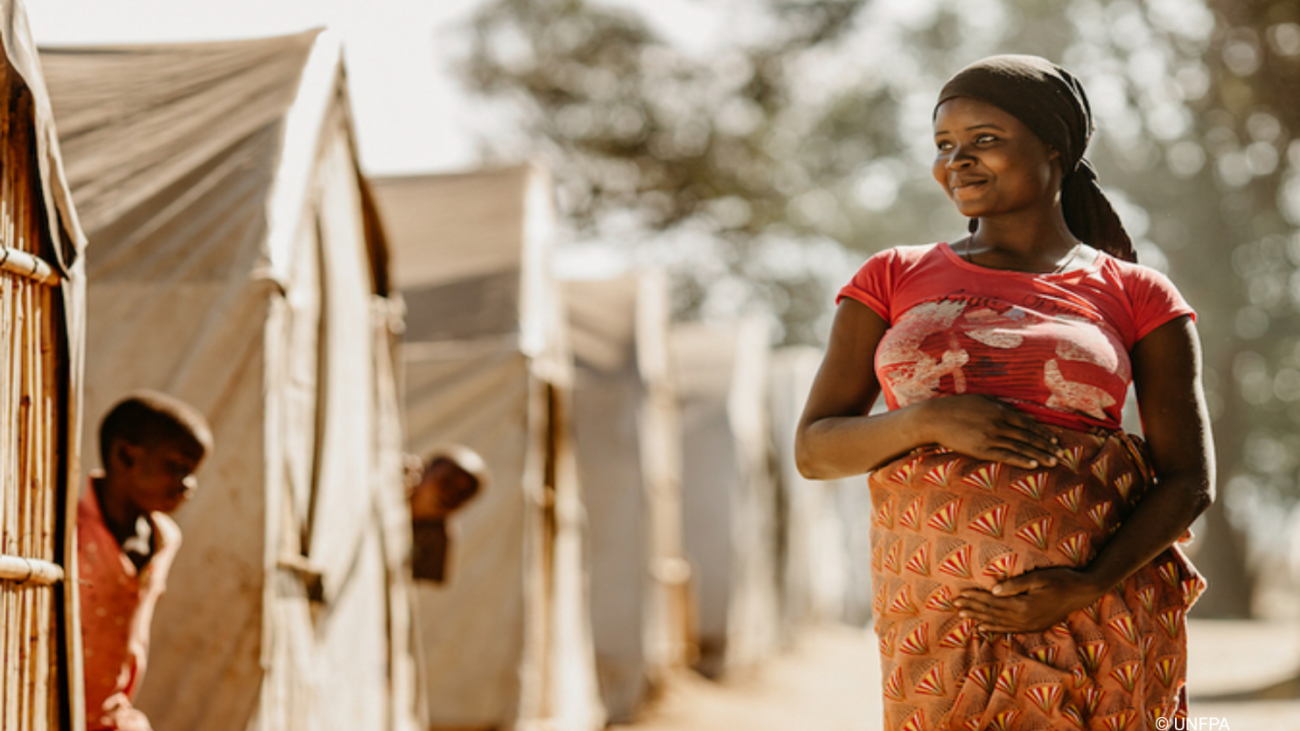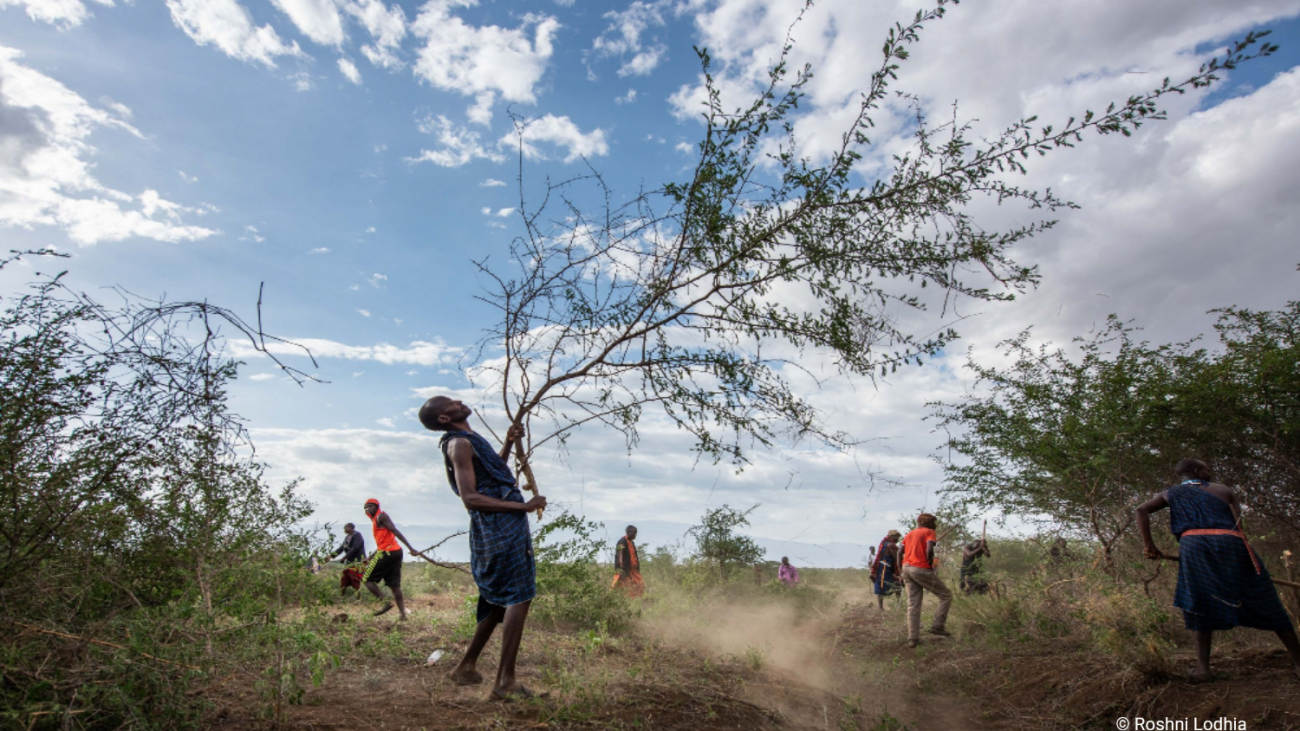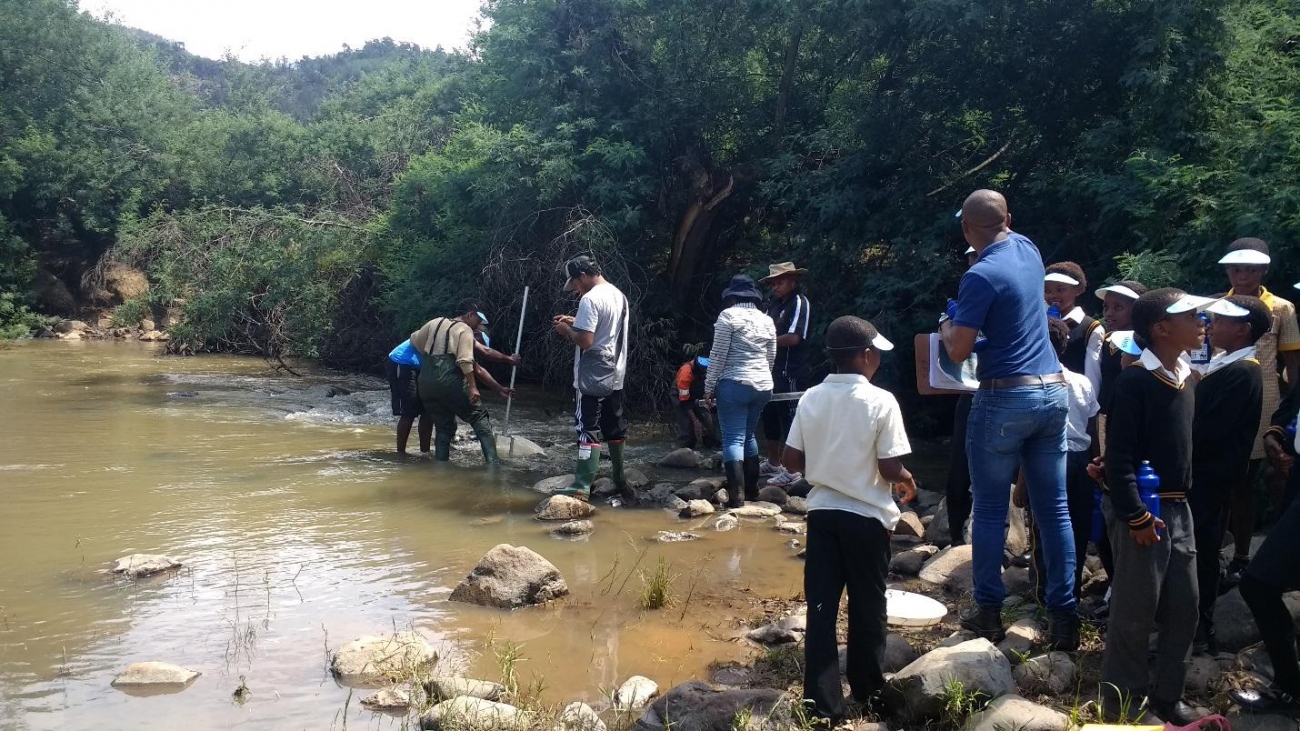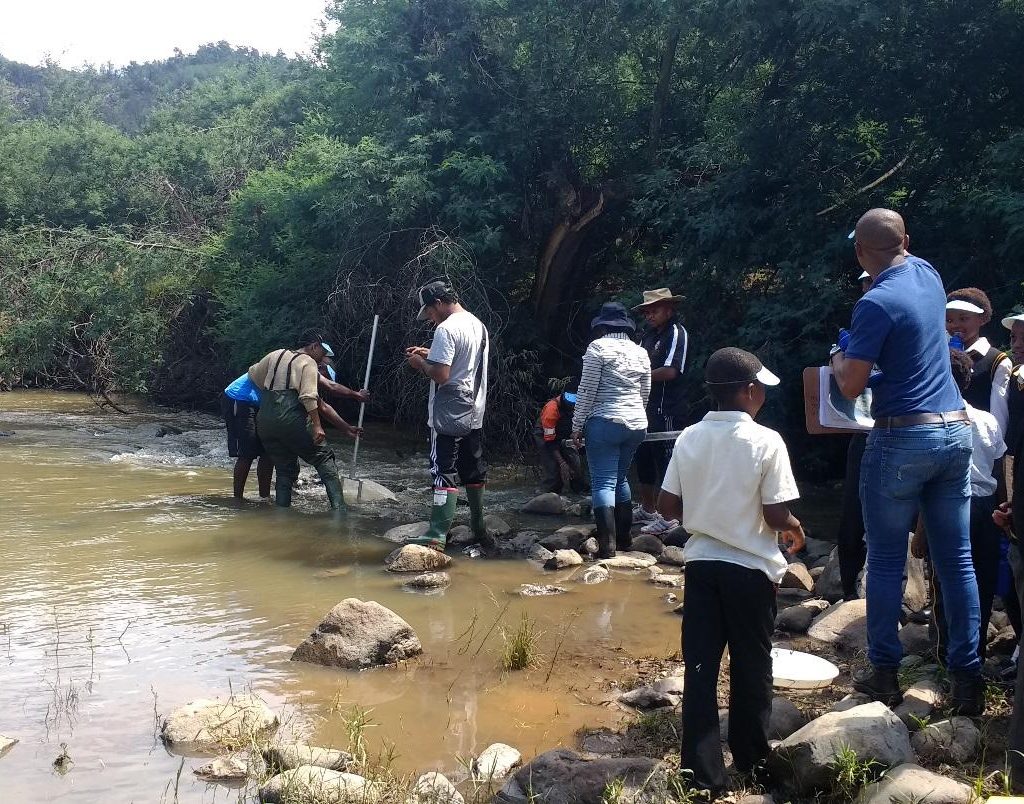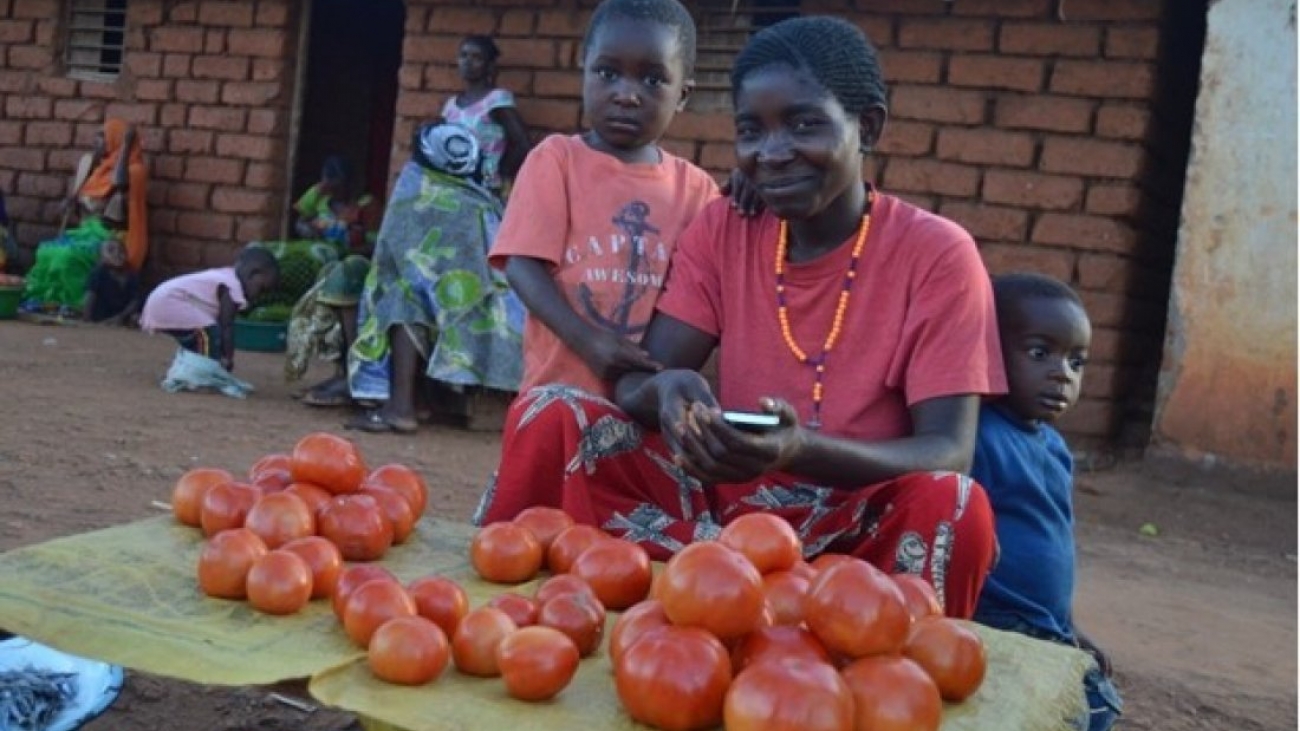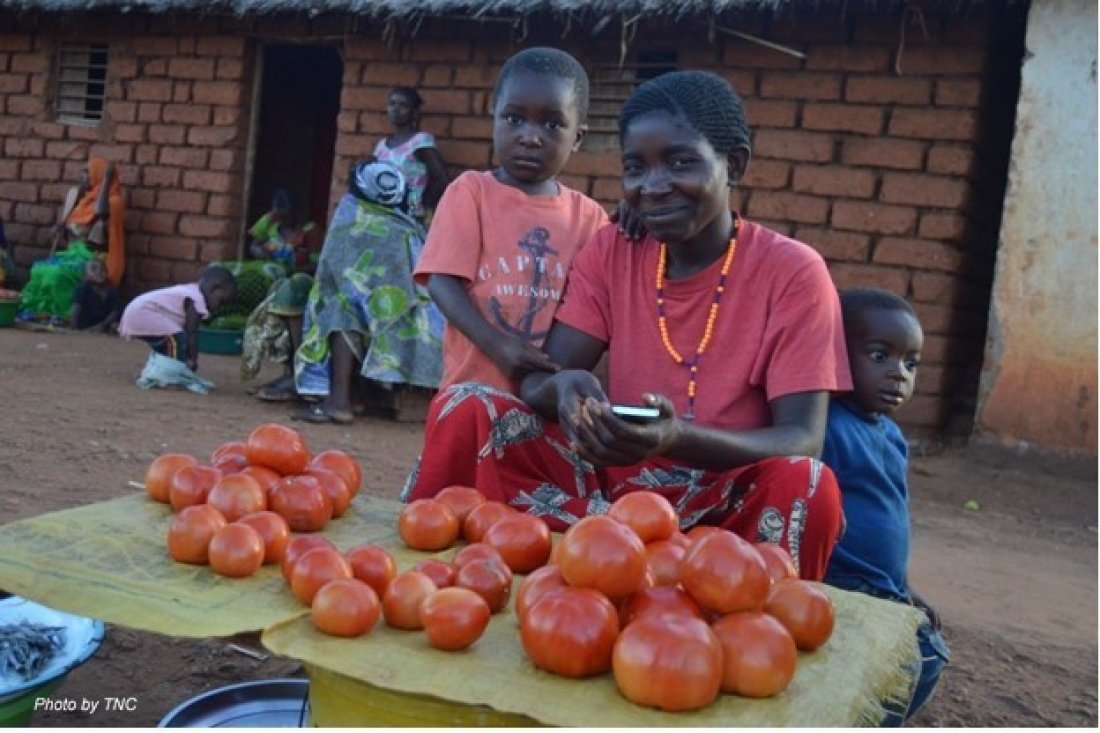Theory of change (TOC) of integrating family planning with biodiversity conservation is aimed in building a resilience of families, with the assumption that when people access to family planning will help them improve access to food security, improved livelihood by providing linkages to livelihood intensities, and provide better education to their children
Success Story: Empowering Communities to Clear the Way for Healthier Grass in Tanzania
In a region where healthy grass means everything, the encroachment of sickle bush has been an unwelcome new challenge. For years, community members have been looking for a solution. Uprooting would take a lot of work, and no one could afford to divert time and energy from income-generating activities to try an untested solution.
Africa Biodiversity collaborative group and member, The Nature Conservation, with funding from USAID—launched a pilot project to control the spread of sickle bush that was dominating about 75 percent of grazing land in Selela and Lemooti villages, and over 18,500 acres in Randilen Wildlife Management Area.

